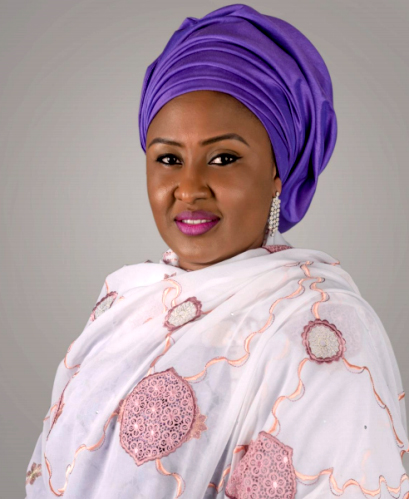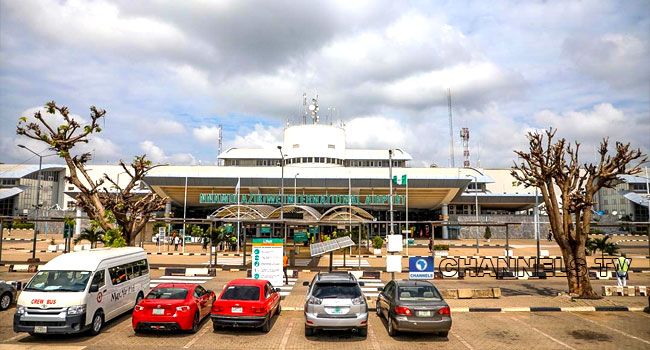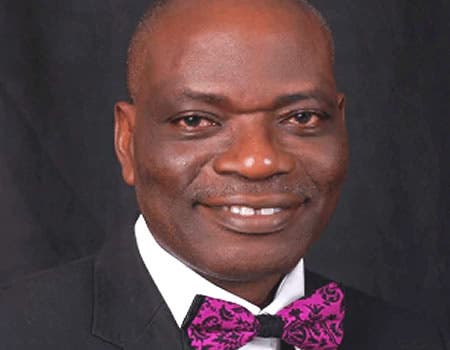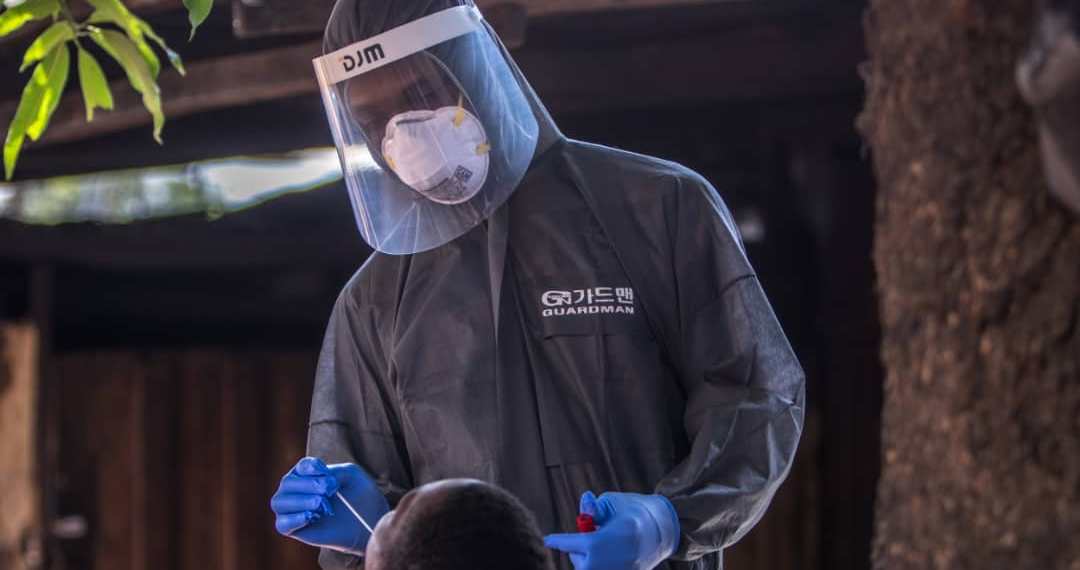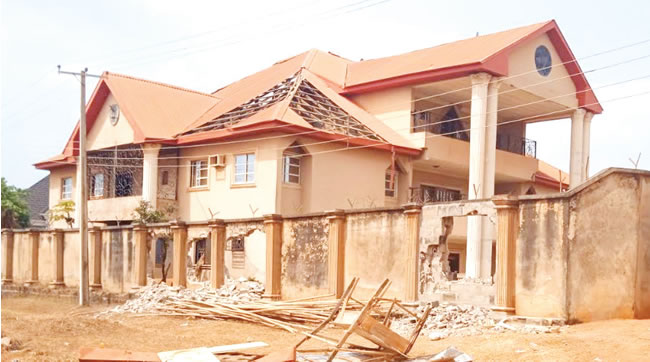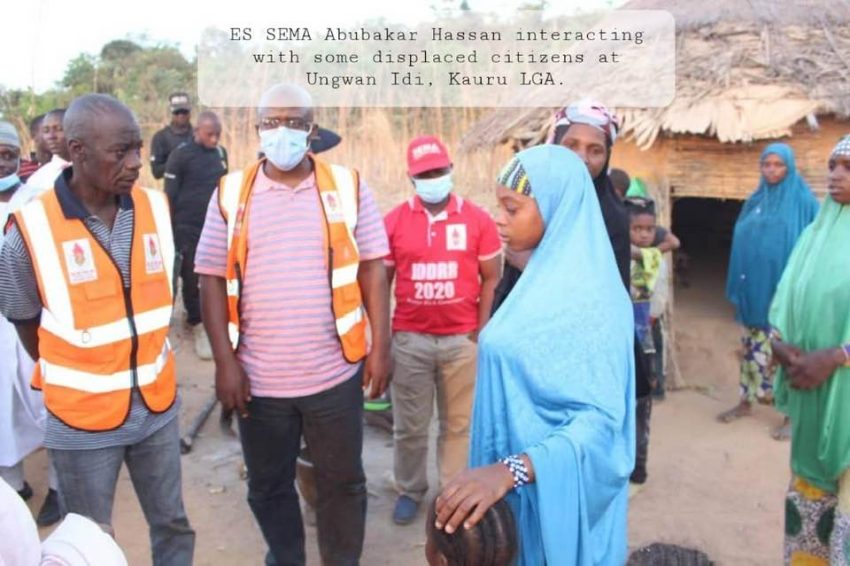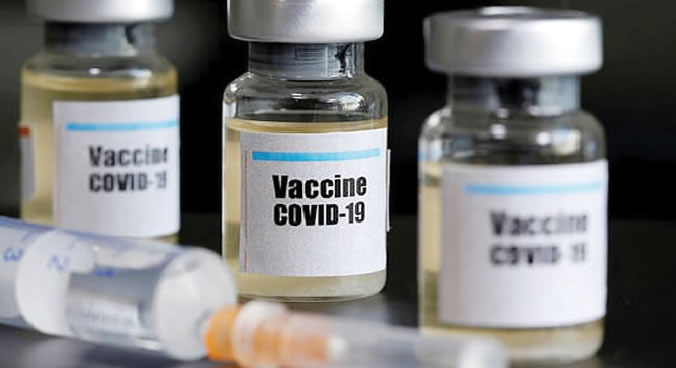By Ibe Pascal Arogorn To prioritise the safety of people in the southeast —Leaders in the region have failed in this crucial task, now it has cone through wrong dragons. Operation Amotekun (Leopard) was established on 9 January 2020 by the six state governors of all the South Western states of Nigeria, namely; Lagos State, Oyo State, Ogun State, Ondo State, Osun State and Ekiti State.The establishment of the security outfit was subject to the decision by all the six state governors at the regional security summit held in Ibadan , Oyo State, Nigeria on June 2019 through Development Agenda for Western Nigeria Commission (DAWN).In support of the outfit, all the six state governors contributed 20 vehicles each, except Oyo that contributed 33 vehicles, in order to assist the operatives in carrying out their duties, making a total of 133 vehicles for the startup, they also procured 100 units of motorcycles each, making a total of 600 motorcycles. The members of the outfit were drawn from local hunters, the Oodua Peoples Congress (OPC), Agbekoya, Nigeria Security and Civil Defence Corps (NSCDC) and vigilante group. Amotekun, which is a Yoruba word, is Leopard in English The operatives of the security outfit assist police, other security agencies and traditional rulers in combating terrorism, banditry, armed robbery, kidnapping and also help in settling herdsmen and farmers contentions in the region. For the startup, Lagos, Osun and Ekiti states, recruited 1,320 operatives for the operation, while they will carry dane guns like local hunters, operating in about 52 deadly blackspots all over the southwest region. Perhaps, Southeast leaders have not realized the bizarre terrorist herdsmen have caused to Igbos. Being in the throne of power, they always slept with their eyes closed and well secured. On April 23, 2016. The intelligence was promptly reported to security agencies who met accordingly. However, at about 5.15 am on April 25, 2016, the armed herdsmen numbering over 500 struck killing 40 people. The following day, April 26, 2016, six more bodies were recovered and 14 victims were lying critically ill at Royal Cross Hospital, Nsukka , Nsukka District General Hospital and Bishop Shanahan Hospital, Nsukka . During the raid, a church,known as Christ Holy Church International, (AKA Odozi-Obodo), at Onu-Eke and 11 houses were burnt by the marauders. As a result of the insecurity, displaced natives fled to neighboring communities of Nkpologu and Uvuru, (Uvuru-Agada ) even as indigenes of those communities also fled to Nsukka in fear of further attacks. Invasion of Ukpabi-Nimbo community, known as “Enugu Massacre”, by roaming Fulani herdsmen followed similar massacre of hundreds of natives in another farming community, Agatu , Benue State by the same herdsmen, just a little over a month. There was invasion of neighbouring Abbi, another Uzo Uwani community, where a brother and sister-Fidelis and Mercy Okeja were reportedly killed on the spot earlier in February 2016. 19 persons were declared missing whilst seven houses and motocycles were raised down. It was reported the invasion was carried out by 30 masked Fulani herdsmen. It is not Surprising on how southeast leaders sabotage the efforts of efficient security in the region. On the Nimbo attack, According to Enugu State governor, Ifeanyi Ugwuanyi , the terrorism at Nimbo may have happened due to inability of security agencies to successfully act on the counter intelligence report about herdsmen grouping at neighbouring Odolu in Kogi State in preparation for attack. Just Imagine about this compromise by the southeast governors,They have in their responsibilities long ago. On February 18, Indications emerged that the need to avoid confrontation with the Federal Government necessitated the dumping of the idea of establishing a joint security outfit by governors of the South-East zone. At the height of insecurity in the zone last year, the governors who met in Enugu on July 28 had resolved to set up a regional security outfit to be co-ordinated by its joint security committee headed by Maj.-Gen. Obi Umahi (rtd). At another meeting held in Enugu on February 9, this year, the governors had reassured on the planned joint security outfit, when they declared after the meeting that they were “satisfied with all the arrangement that will lead to South-East Houses of Assembly to enact a law to back up the security programme with a name to the outfit.” Chairman of South-East Governors’ Forum and Ebonyi State Governor, Dave Umahi, disclosed after the meeting that they had written the Federal Government on the development and that at an appropriate time, “we shall be inviting the Federal Government to note the details of our joint security programme.” However, on February 12, exactly three days after, residents of the zone who thronged the zone’s security summit called by the Inspector-General of Police, Mohammed Adamu, were disappointed as the governors retreated and rather endorsed and adopted the Federal Government’s community policing model. The adoption of the community policing idea came after several hours of closed-door meeting at the Government House, Enugu, involving the IGP and the five governors, including Umahi (Ebonyi); Ifeanyi Ugwuanyi (Enugu); Okezie Ikpeazu (Abia), Willie Obiano (Anambra) and Hope Uzodinma (Imo), who was represented by his deputy, Placid Njoku. Although residents were not comfortable with the community policing idea, being that it had been on in the zone for some time now, the governors were however said to have accepted the model based on the need to maintain cordiality and maintain the same stand on security matters with the Federal Government. A source in the meeting stated that it would amount to an affront on the Federal Government should the zone insist on toeing a different security approach, adding that taking a different security measure could lend credence to the erroneous belief that the Federal Government was incapable of handling security challenges of the country. It was further gathered that the governors were made to believe that a joint security outfit may be mismanaged and in the process create the leeway for members of the outlawed Indigenous People of Biafra (IPOB)


